Keywords: Independent
There are more than 200 results, only the first 200 are displayed here.
-
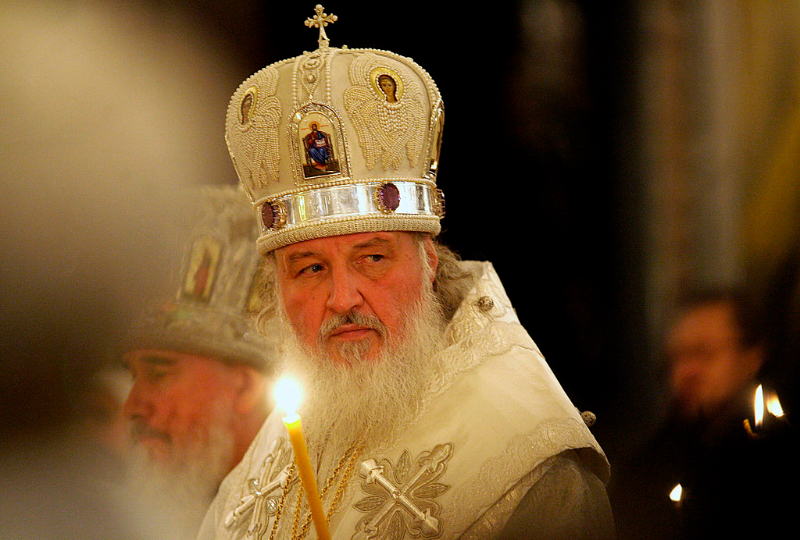
INTERNATIONAL
- Andrew Hamilton
- 31 May 2022
7 Comments
Patriarch Kyrill of Moscow has received much justified criticism for aligning his Church alongside Vladimir Putin in the invasion of Ukraine. If we are to understand how he could think it is right to do so, however, it is helpful to know how he came to be Kyrill. The story of his earlier namesakes illuminate the conduct of the present Patriarch of Moscow.
READ MORE 
-
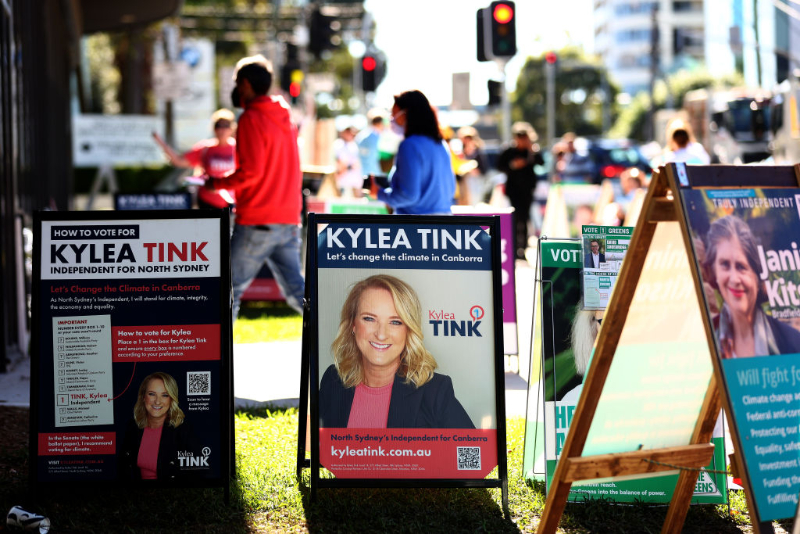
AUSTRALIA
- Binoy Kampmark
- 24 May 2022
11 Comments
The centre of the political system did not so much hold as desert. The vote was a furious, determined and tenacious shout from the estranged centre, a shivering of the timbers. The calibre of individuals elected — many from professions, many with public service outside the traditional party hierarchy of patronage and promotion, and most, women — has not been previously seen in this country’s politics.
READ MORE 
-
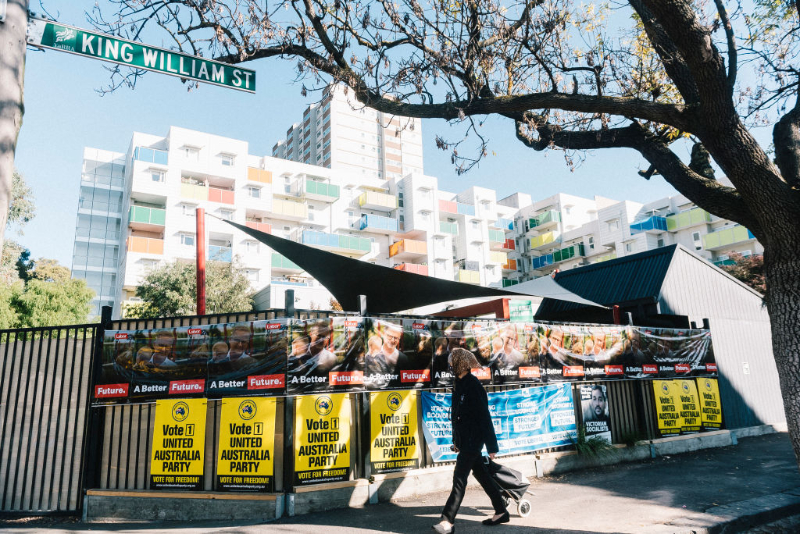
AUSTRALIA
- John Warhurst
- 24 May 2022
13 Comments
Governments lose elections, but Oppositions still must demonstrate that they are a capable alternative. Both the Morrison Coalition government and the Albanese Labor Opposition played their part last Saturday. There were many sub-plots in the pattern of voting, but this election was primarily lost and won in the four biggest mainland cities.
READ MORE 
-
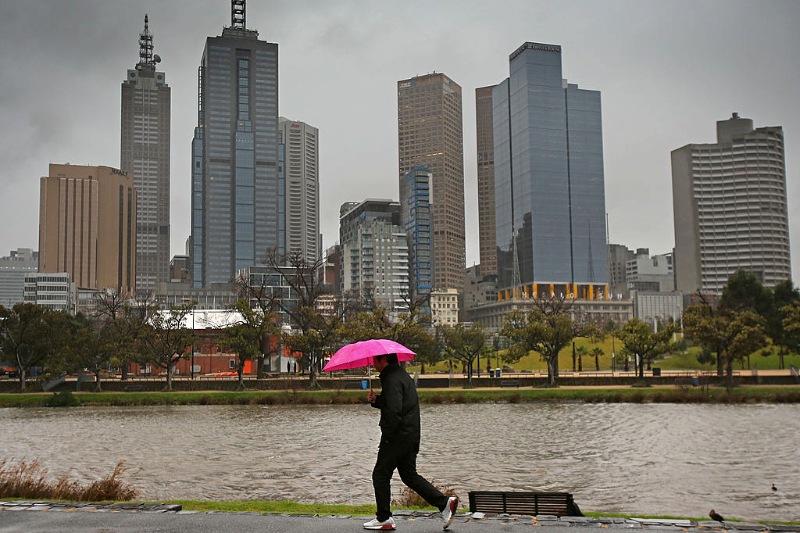
ARTS AND CULTURE
- Andrew Hamilton
- 24 May 2022
1 Comment
Next week we officially enter winter. The associations of winter are largely negative. They mourn the loss of the summer that has passed. For that reason it may seem incongruous that winter should begin immediately after a Federal Election campaign that ended with the excitement of the people’s choice of a new Government. The potential for a new beginning might fit better with spring.
READ MORE 
-
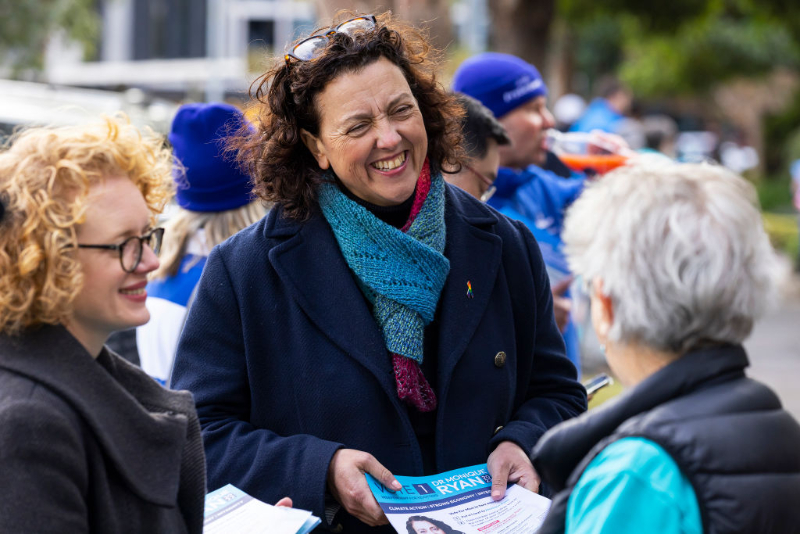
EDUCATION
- Chris Middleton
- 23 May 2022
7 Comments
Perhaps the most dramatic individual result of the Federal election was that Menzies’s seat, Kooyong, has fallen to a Teal independent, Dr Monique Ryan. Xavier College sits in the Kooyong electorate, and Dr Ryan is a parent at the College. Dr Ryan proved to be an impressive candidate who ran as a good a local campaign as I have ever seen. It was marked by a strong engagement by many locals, and especially among professional women, and older residents.
READ MORE 
-
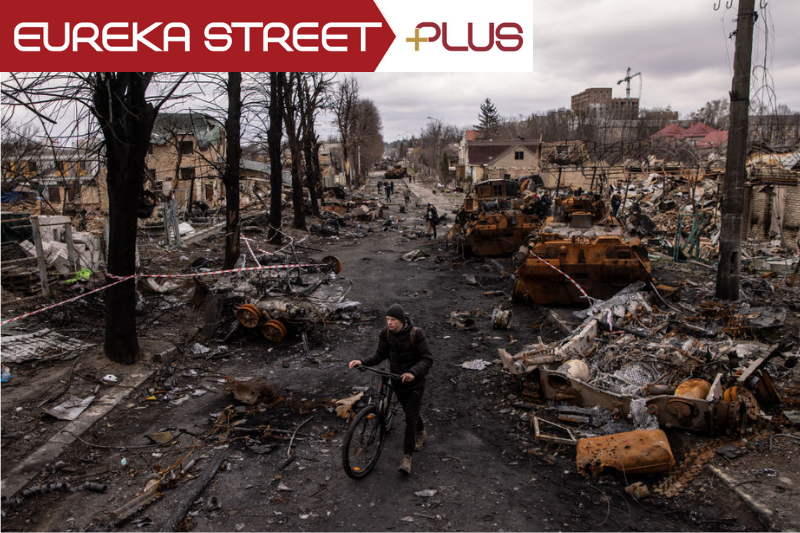
INTERNATIONAL
- Andrew Hamilton, David Halliday, Michele Frankeni, Stewart Braun
- 19 May 2022
5 Comments
We are now three months into the Ukraine war. From an invasion it has turned into a war of attrition that has cost many lives, displaced civilians, destroyed cities, and led to sanctions and the making of alliances with effects that have spread suffering far beyond Ukraine. In this Roundtable, Andrew Hamilton SJ, David Halliday, Michele Frankeni and Dr Stewart Braun explore the ethics of the war and likely paths to peace.
READ MORE 
-
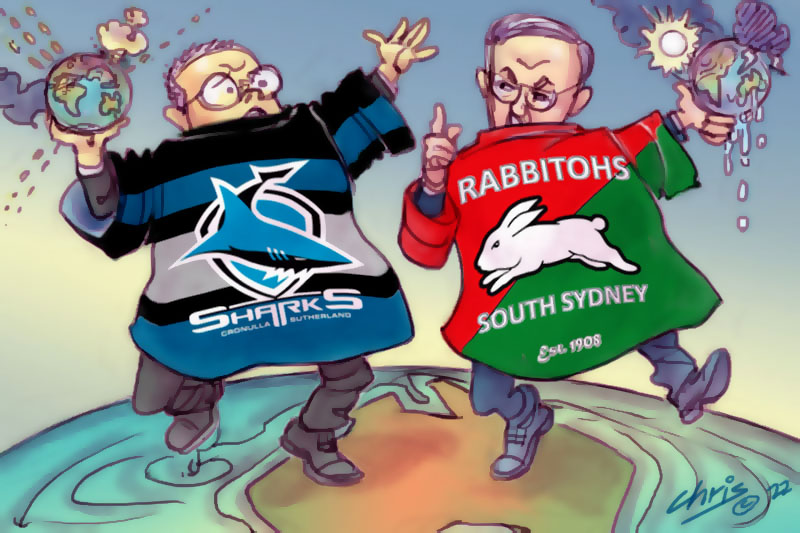
AUSTRALIA
- Julian Butler
- 12 May 2022
3 Comments
Election campaigns can be defined by all sorts of things. Gaffes, negative ads, international incidents, public policy. It is trite but no less true to say that this federal election campaign has been much more about the first three rather than the last. The policy discussion has been edged into the election mix most seriously by various interest groups and by some of the macro party and independent candidates seeking election.
READ MORE 
-
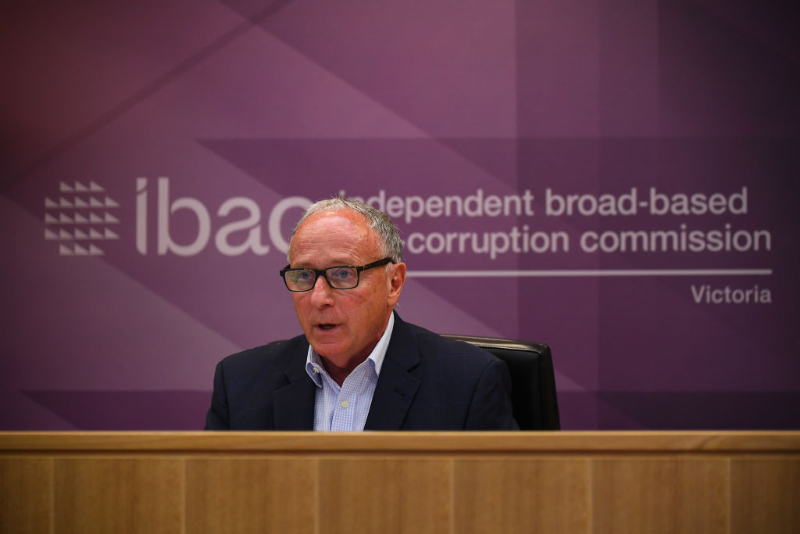
AUSTRALIA
- Andrew Hamilton
- 11 May 2022
7 Comments
In the election campaign the need for an integrity commission has been a minor issue. Many independent candidates have supported it, but the major parties seem to have concluded that it will not significantly shape the way people vote. Yet given the evidence of a lack of integrity in behaviour by and within governing parties both at Federal and State level, the nature and importance of integrity in the processes of government deserve reflection.
READ MORE 
-
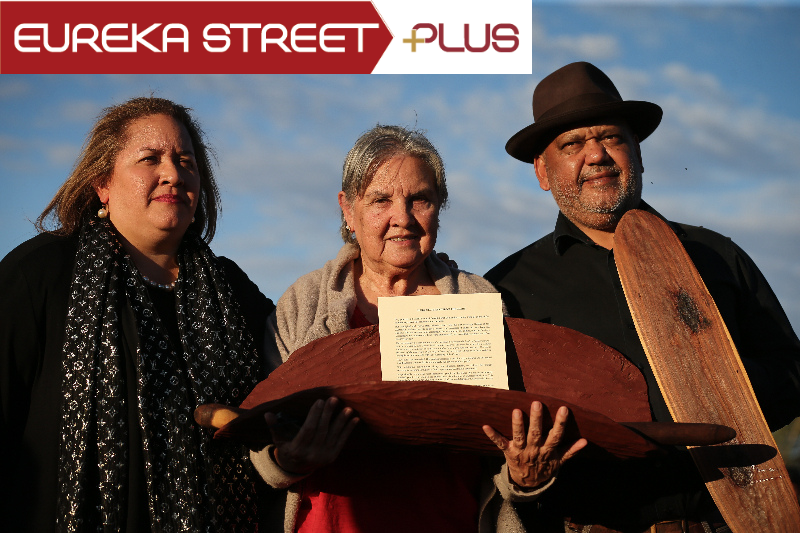
AUSTRALIA
- Frank Brennan
- 06 May 2022
5 Comments
Whoever is Prime Minister after the election on May 21, he will need to address the question of Indigenous recognition in the Australian Constitution. This is the sixth election in a row when the question has been a live, unresolved issue during the election campaign. The patience of Indigenous leaders is understandably wearing thin. Trust is waning. There is still no clear path ahead. So where to from here?
READ MORE 
-
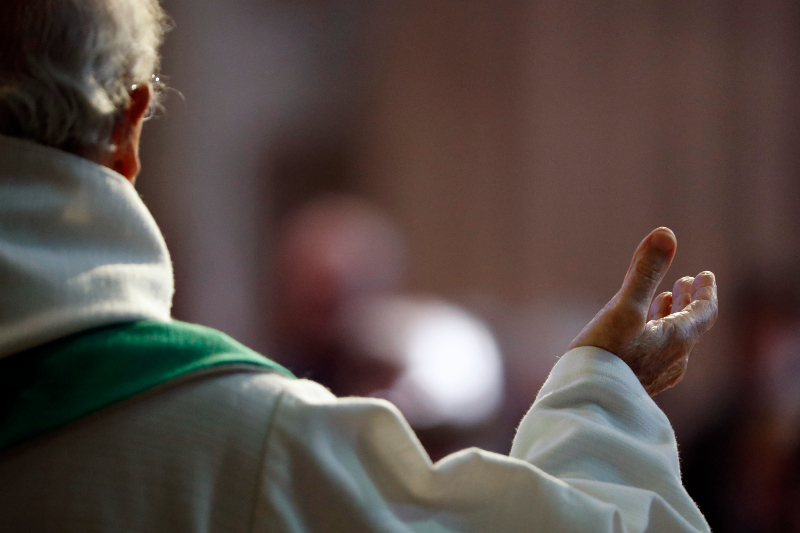
RELIGION
- Andrew Hamilton
- 03 May 2022
9 Comments
We should not underestimate the difficulty that people who represent independent branches of the same organization face when drawing up an agreed statement on contentious issues. Even the widely applauded Uluru Statement from the Heart did not secure the support of all Indigenous groups. If the Bishops Statement was to be effective it had to be supported, or at least tolerated, by all members of the Conference, despite their differing views about political and church issues and the priority that should be given to them in advocacy.
READ MORE 
-
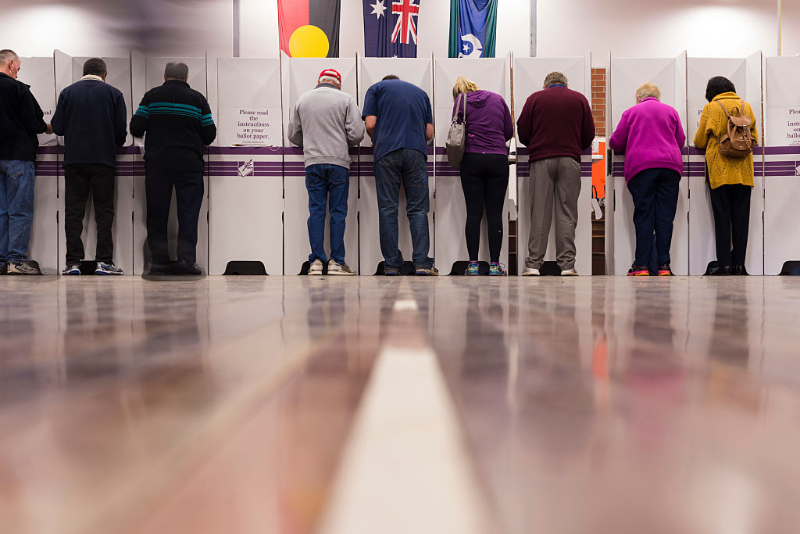
AUSTRALIA
- Binoy Kampmark
- 21 April 2022
7 Comments
Few sights are more desperate than old political parties on the run. In this Australian federal election, the challenge from independents and smaller parties has sparked a nervous reaction, much of it negative and most of it misplaced.
READ MORE 
-
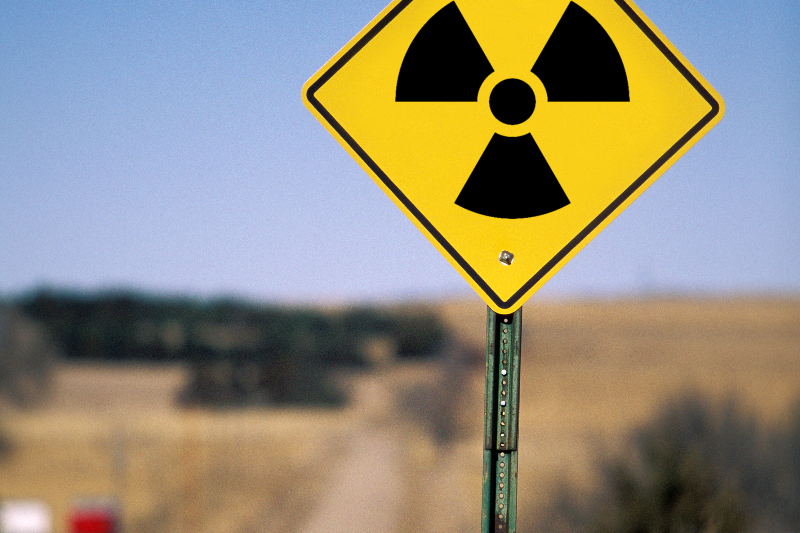
ENVIRONMENT
- Michele Madigan
- 15 March 2022
12 Comments
The long conflict between the federal government plan for a national radioactive waste facility in South Australia and the opponents of the plan has continued to escalate in the past months. On 19 November, Kimba on SA’s Eyre Peninsula was declared South Australia’s Agricultural Town of the Year. Notwithstanding this significant honour, on 29 November the federal Minister for Resources Keith Pitt finally made the formal declaration that Napandee in the Kimba district was the chosen site for the proposed federal radioactive waste dump.
READ MORE 